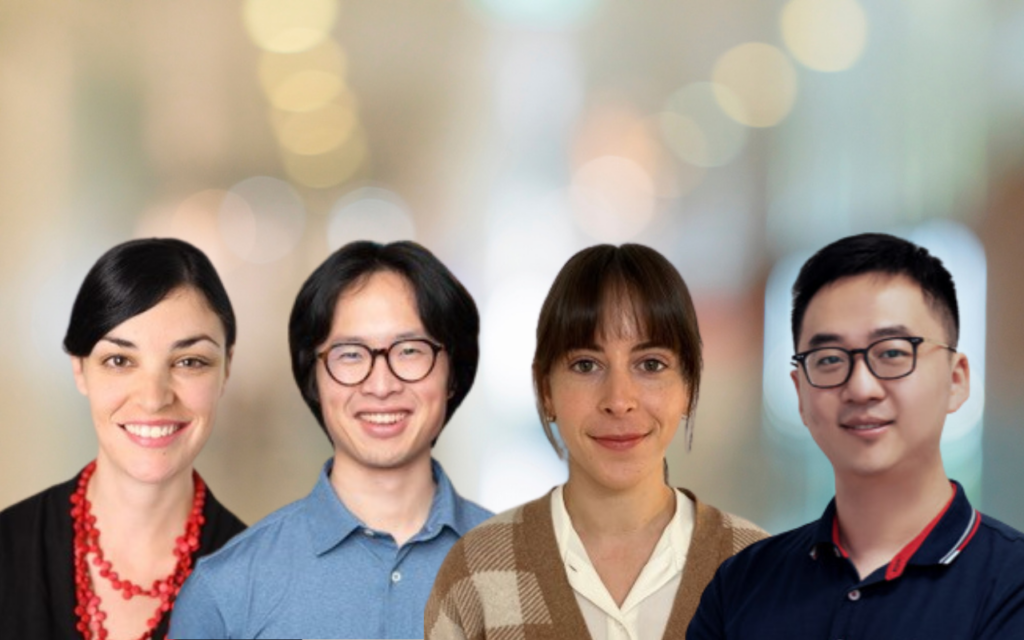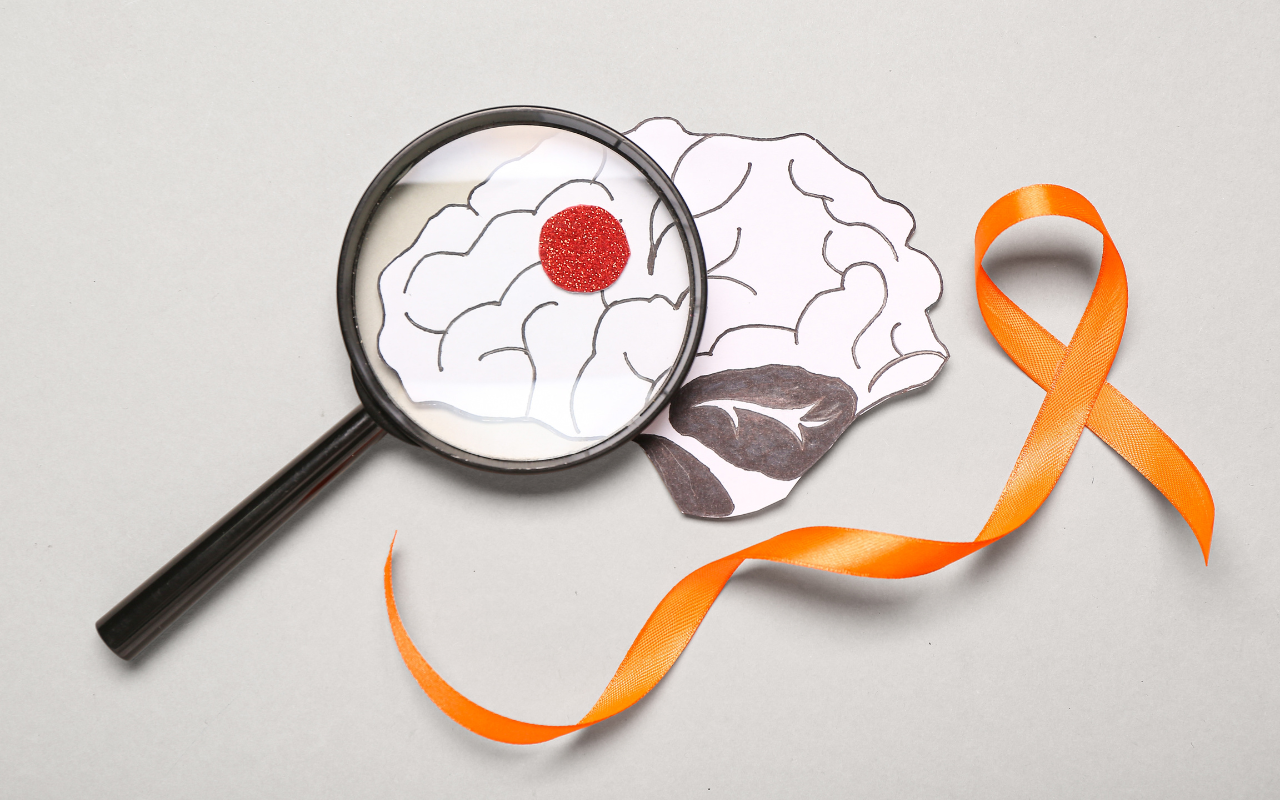Three new incubator grants on the vanguard of medical research will search for its biological markers, improve social supports, and use AI to predict the progression of multiple sclerosis (MS)
Dr Julia Morahan, MS Australia Head of Research, said the organisation awarded grants to Dr Xin Lin (University of Tasmania), Ms Isabelle Weld-Blundell (University of Melbourne) and Dr Dongang Wang (University of Sydney), with a focus on outside-the-box ideas.
“With MS on the rise and early diagnosis crucial, these projects will investigate a range of ways to improve outcomes for those living with the disease, hopefully leading to full-scale projects,” said Dr Morahan.

Searching for answers
Dr Xin Lin and his team will search thousands of protein molecules, looking for the biological markers of MS.
“Dr Lin is going to be looking at proteomics, or all the proteins, at once: the full spectrum of individual molecules in that category. This project will also look at other ‘omics’ data, like genomics or epigenomics, which are one step back in terms of the genetic code. So, the proteins are at the coalface of what is happening in the disease,” said Dr Morahan.
The possibility of identifying the biomarkers of MS has myriad practical benefits for people with MS, chief among them being a swifter diagnosis.
Although progress has been made, the chief MS diagnostic tools include imaging and lumbar puncture, and a less invasive, blood-based diagnostic tool (a blood test) would improve diagnosis. According to the researchers, identifying biomarkers would also help point to key interventions for stopping the underlying mechanisms that trigger or drive the disease.
“We can use these biomarkers diagnostically; we could test for them, which would speed up diagnosis. We do not currently have a blood test — or any easy test — for MS. If there was a profile of proteins that identified MS, we could potentially test for that,” said Dr Morahan.
“As well as that, the biomarkers could be used to create a better understanding of progression of the disease, and potentially identify treatment options,” she said.
“If we were able to change some of these biomarkers back to a non-MS profile using treatment, that would be amazing,” said Dr Morahan.
Searching for a better way of life
People living with MS understand that while medical treatment is crucial, having better social supports makes a huge difference.
Ms Isabelle Weld-Blundell and her team have been awarded an incubator grant to review and improve the range, type and mode of social support tools made available to people living with MS.
She says that this review may open new avenues for intervention and marks a promising shift in our approach to care.
“The grant will enable us to work towards addressing social factors — like employment, housing, exposure to domestic violence, and social inclusion — in MS care,” said Ms Weld-Blundell.
“Screening tools may identify needs that can then be addressed by linking patients to allied health or social services. We know that screening tools for social needs have been incorporated in other clinical settings with proven health benefits, and they have the potential to do the same in MS care,” she said.
The project will perform a scoping review and include qualitative interviews, and consider exposure to domestic violence, employment opportunities, access to safe housing, food security, exercise facilities and affordable health care.
“It’s about creating tools to make sure that we can look after people with MS as well as we can,” said Dr Morahan.
The leading edge of AI for MS
Dr Dongang Wang and his team will research how to improve the prediction of MS progression using advanced artificial intelligence (AI) technology.
Dr Wang will draw on magnetic resonance imaging (MRI) from the world’s largest MS database, Australia’s MSBase, training deep learning technologies to predict likely disease progression, and developing a tool for clinicians.
“This project is beautiful,” said Dr Morahan. “It is about disease progression. We could see whether a person with MS is going to progress faster, or slower,” said Dr Morahan.
“They’re trying to use AI to simultaneously look at electronic data records and MRIs — sources of medical information that can be coded — and see whether they can use AI to build a model for disease progression,” she said.
Dr Wang and the team will build a model and roll it out across a few different clinical settings to test it.
“The dream would be to apply the model in a clinical setting, and it will tell you about the likely disease progression of the person sitting in front of you and assist with the clinical decision about treatment in real time,” said Dr Morahan.
Dr Morahan says that this is among the first projects to use AI for this sort of research.
Funding outside-the-box research
Dr Morahan says that outside-the-box research is important to make advancements, and to get the ball rolling on important science.
“I love the incubator grants, particularly because of the riskier profile of blue-sky ideas. And the medical research funding landscape is not necessarily set up in Australia for that kind of funding,” said Dr Morahan.
“They only get a small amount of money — $25 000 over twelve months — but without that preliminary data, they are not able to be competitive in the wider funding space. It’s important for MS Australia to facilitate this for researchers so that then they can advance in the future.”
Subscribe to the free InSight+ weekly newsletter here. It is available to all readers, not just registered medical practitioners.

 more_vert
more_vert